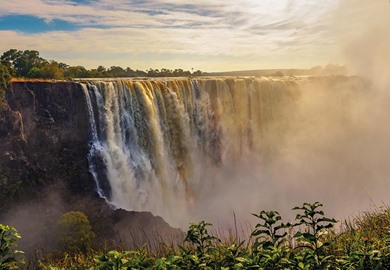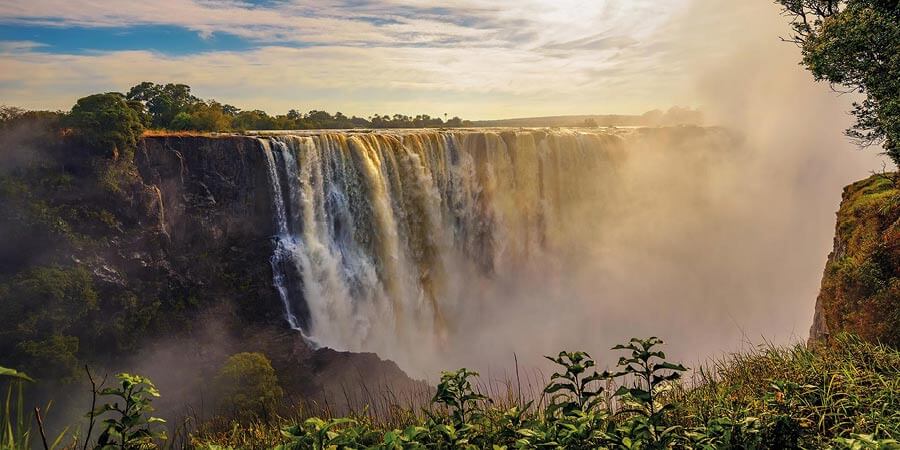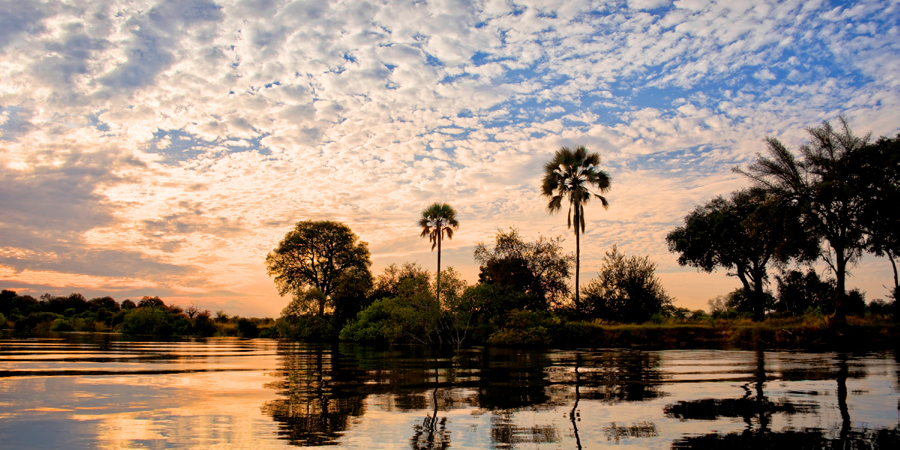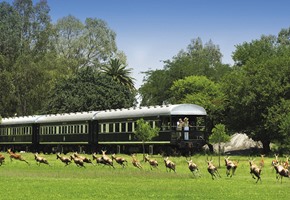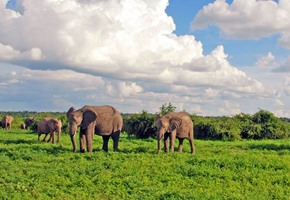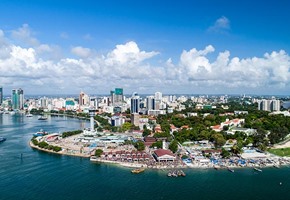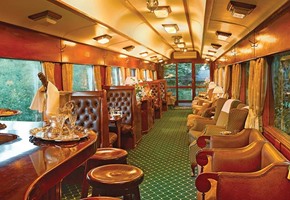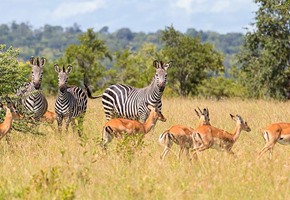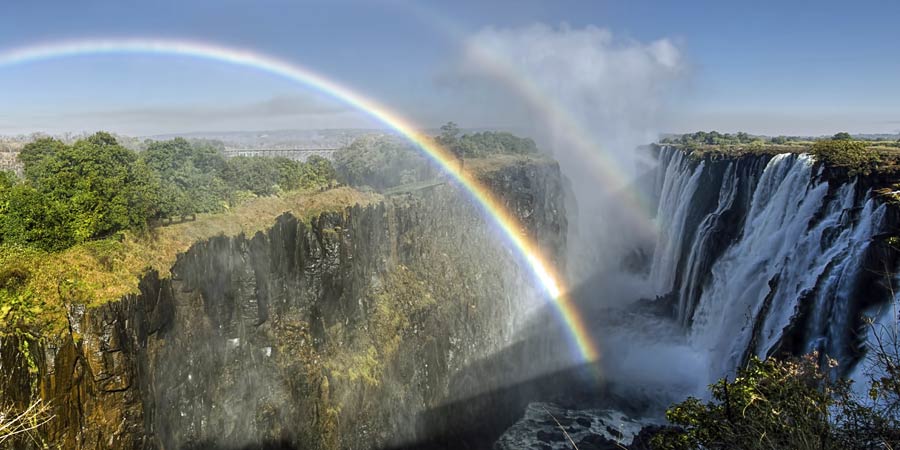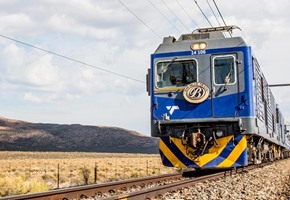Zambia's traveller's guide
Zambia's earliest known inhabitants were the Khosian people;
nomadic tribes of hunter-gatherers. The Khosians were displaced in
the fourth century by the arrival of the Bantu people from the
north of Africa. Accomplished tool makers and potters, the Bantu
people established village settlements and introduced agriculture,
livestock herding and copper mining to Zambia. It wasn't until 1855
that the first European explorer, Doctor David Livingstone, set
foot in Zambia but four years later The British South African
Company had founded a British colony which became 'Northern
Rhodesia' when administrative control passed to Queen Victoria's
government. Zambia retained British sovereignty from 1924 until
1964 when the country regained independence. Three decades of
political and civil unrest followed but today Zambia is a
multi-party democratic republic and one of the world's safest and
most hospitable countries for visitors.
The landlocked African country of Zambia sits on a vast natural
plateau surrounded by Angola, the Democratic Republic of Congo,
Tanzania, Malawi, Mozambique, Zimbabwe and Botswana to the south
and Namibia to the southwest. The country enjoys a tropical climate
but this is tempered by the plateau's elevation which ensures that
extremes of temperature are avoided with the exception of the
plateau's valleys.
From May to September Zambia's weather is mild to warm, and dry.
It remains dry in October and November but temperatures increase
significantly. These long dry periods are followed by a rainy
season which lasts from December to April when temperatures and
humidity are at their highest.
Zambian cuisine is built around the staple ingredient of nshima;
a type of porridge made from ground maize. Sweetened with sugar
this is eaten on its own for breakfast, whilst nshima of a thicker
consistency is the regular accompaniment to dishes of fish, meat or
vegetables. Traditional Zambian dishes that the traveller with an
adventurous palate might try include: ifisashi - a thick stew of
ground peanuts and green vegetables with meat or fish; finkubala -
the Mopani caterpillar, seasoned and shallow fried in oil, and samp
- a starchy dish of coarse ground maize and crushed beans.
Freshwater fish, which are abundant in Zambia's rivers, are also a
popular meal option. Locally brewed beer is the alcoholic beverage
of choice, whilst Zambian coffee is renowned for its quality.
If you are invited into a Zambian home as a guest, it is good
manners to accept with grace and eat any food you are offered even
if you are not hungry.
Whilst tipping in hotels has been abolished by law, a 10% sales
tax is automatically added to all bills and it is still customary
to add a 10% tip for good service in bars and
restaurants.




